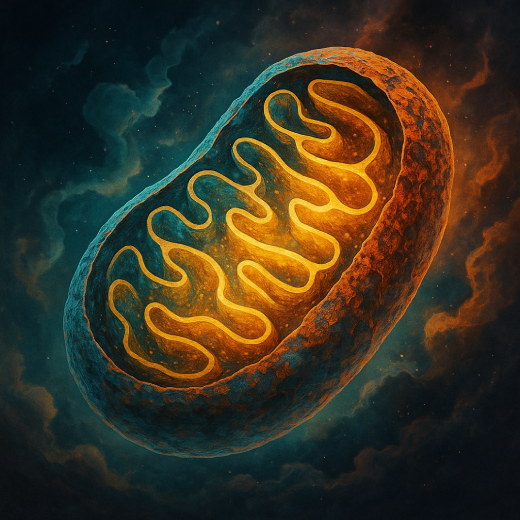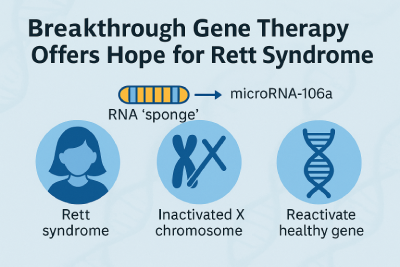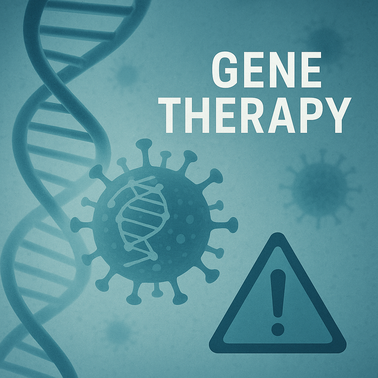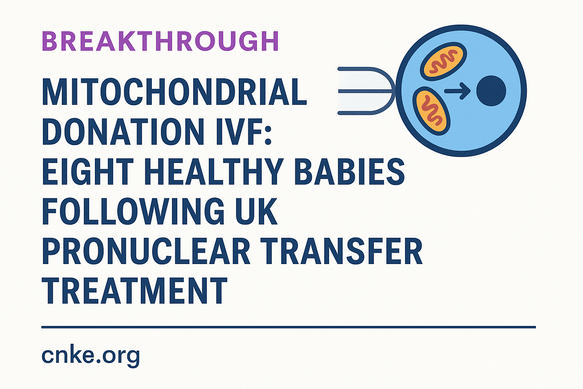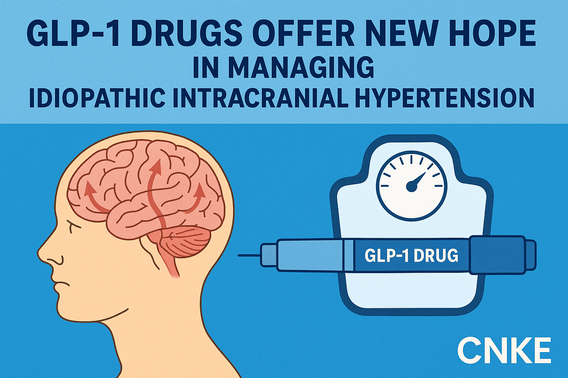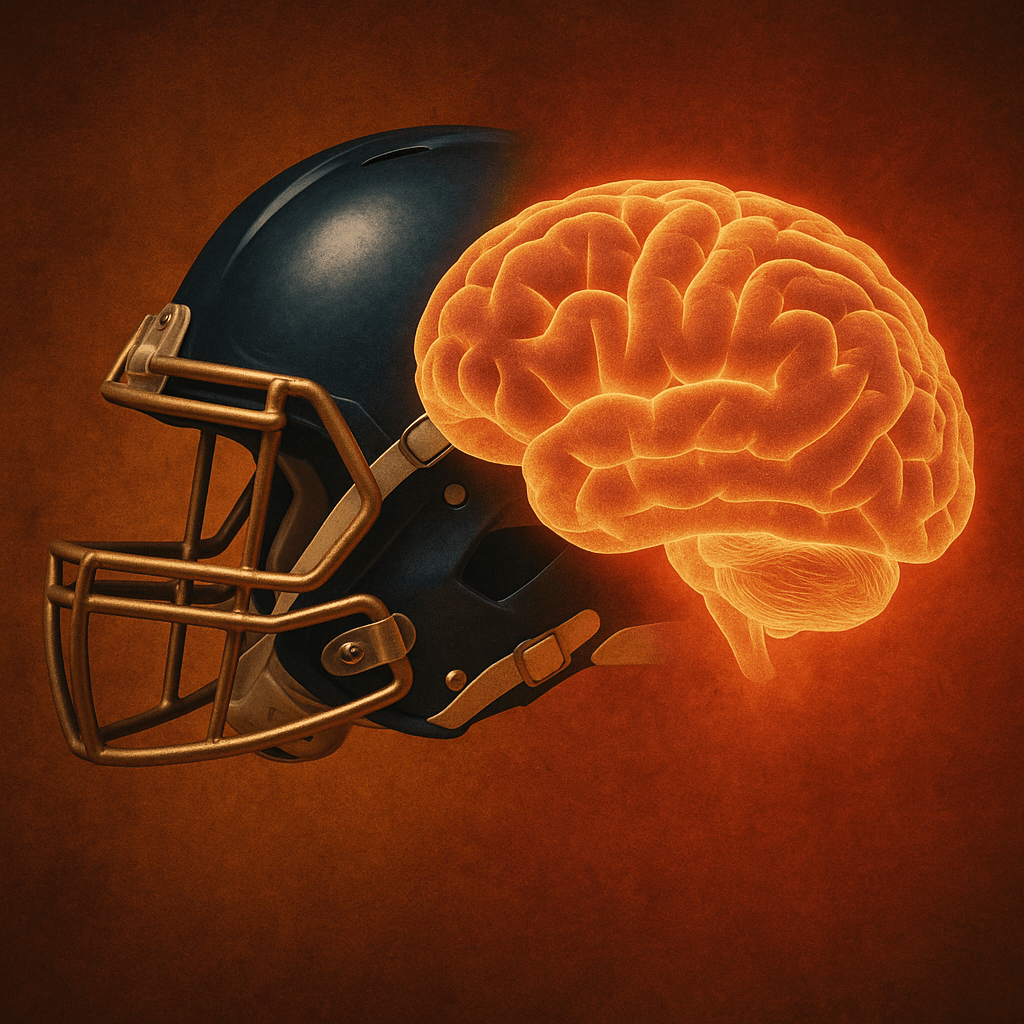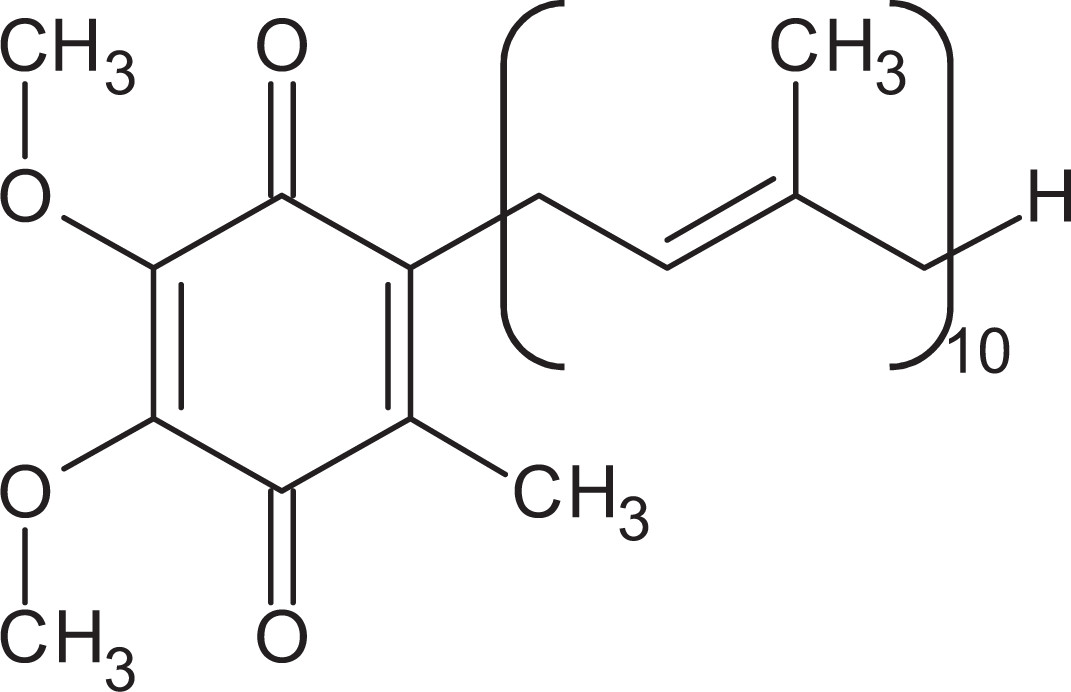Chicago, July 2025 – New research from the Stanley Manne Children’s Research Institute at Ann & Robert H. Lurie Children’s Hospital of Chicago reveals groundbreaking insights into how mitochondria, ancient bacterial descendants within our cells—may be key contributors to two distinct childhood neurological disorders: spinal muscular atrophy (SMA) and autism spectrum disorder (ASD).

